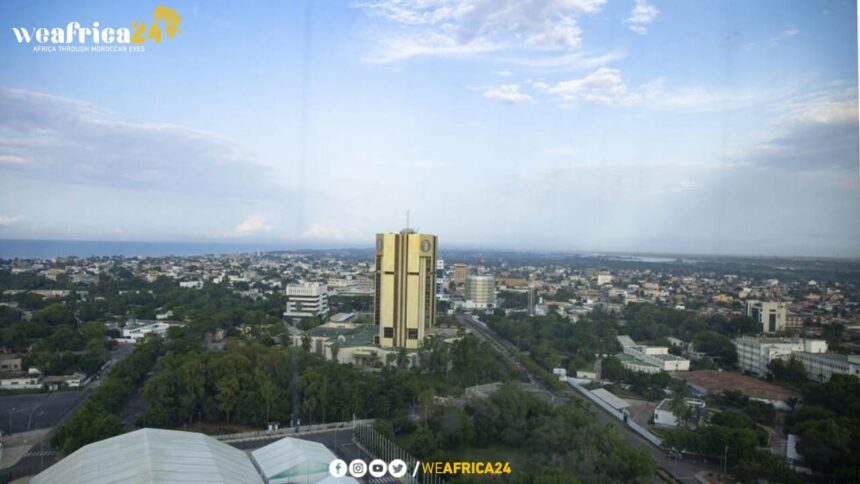The newly elected National Assembly in Togo convened for the first time on Tuesday, May 21st, marking the beginning of a new legislative session. This inaugural meeting takes place in a politically charged environment, characterized by contested election results and a controversial constitutional amendment.
During the session, 107 out of 113 deputies were present. Notably, two of the five opposition seats were vacant, including those representing the Alliance Nationale pour le Changement and the Forces Démocratiques pour la République.
Aimé Tchabouré Gogué, the eldest member and a prominent opposition figure, inaugurated the session with a call for respect for diversity. “We hope this legislature will work in harmony. Despite having a very small minority and a large majority, we hope to listen to each other and work for the well-being of all Togolese people,” he stated.
Majority and Minority Dynamics
Although the opposition holds less than 5% of the seats, Princesse Kayi Lawson, a deputy from the majority UNIR party, emphasized their significance. “In the National Assembly, we will do what the Togolese people want. We will work together to build Togo, hand in hand, whether from the opposition or the overwhelming parliamentary majority,” Lawson affirmed.
Ongoing Constitutional Debate
Brigitte Kafui Adjamagbo-Johnson, an opposition leader, highlighted ongoing concerns about the constitutional changes, which were pushed through without broad participation. “Our Assembly must address the issue of the Constitution, which was adopted without the involvement of the Togolese people,” she asserted.
This Fifth Republic, with its new institutions, is set to be fully established within twelve months. Notably, the Senate will be introduced for the first time within the year.
This new legislative session marks a critical period in Togo’s political landscape, with the potential to shape the nation’s future governance and address ongoing political tensions. The ability of the Assembly to bridge divides and work collaboratively remains crucial for the country’s progress.







